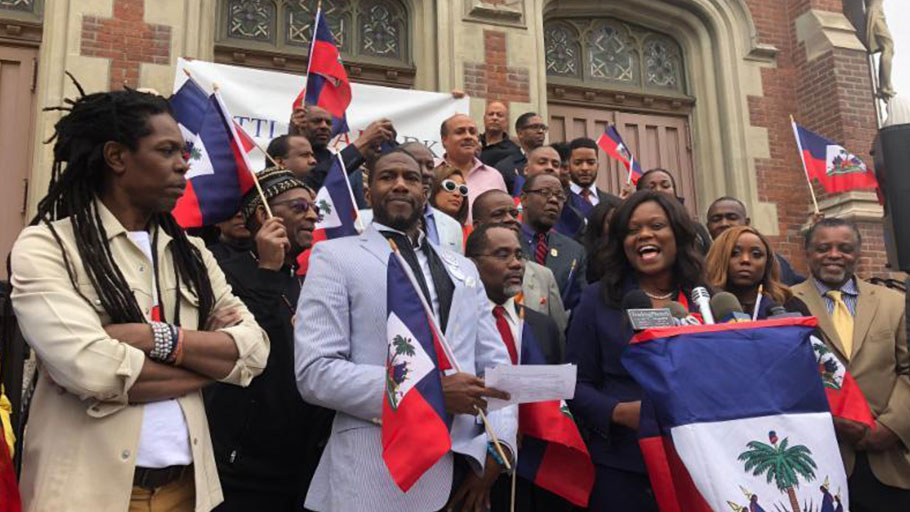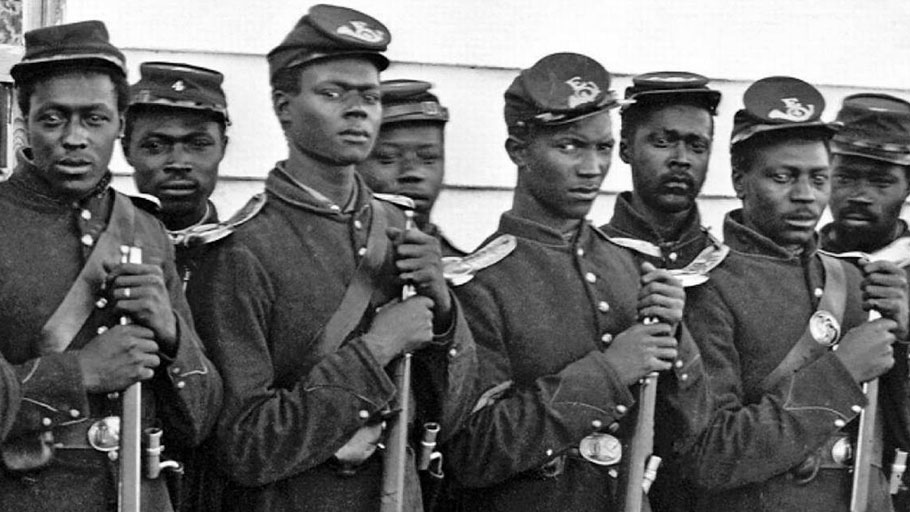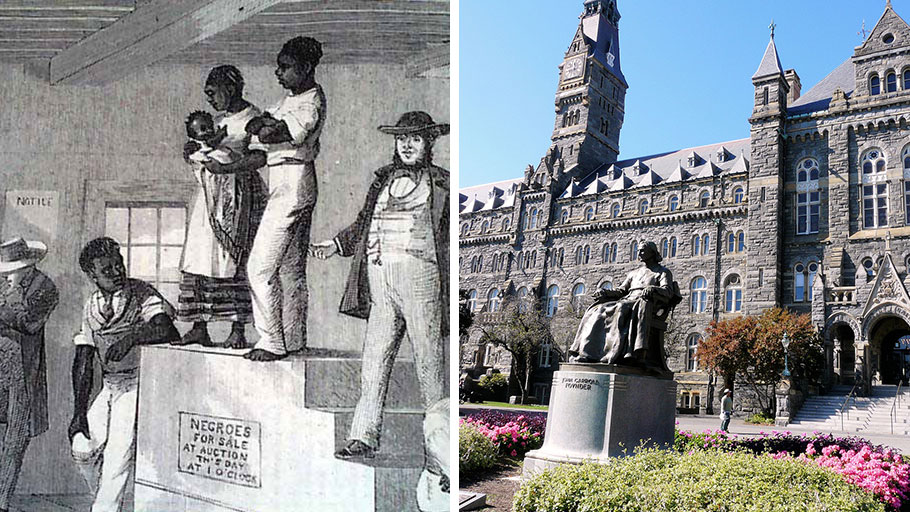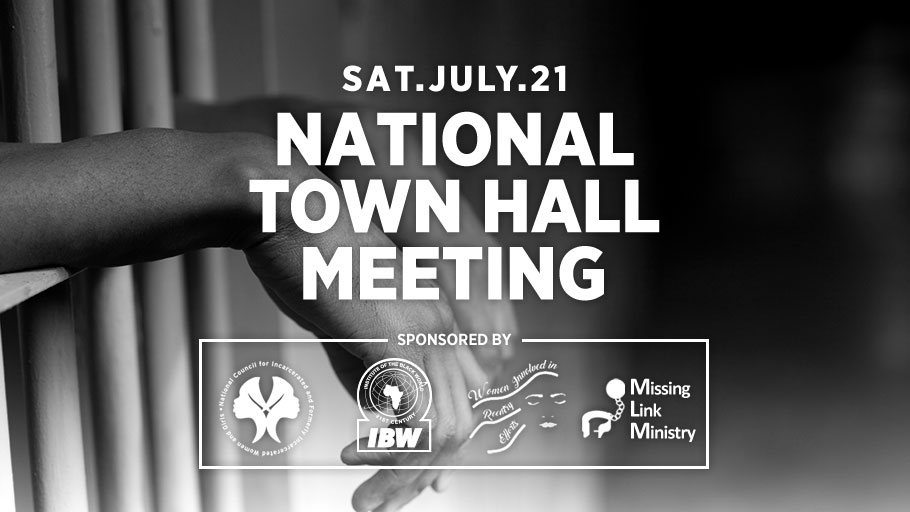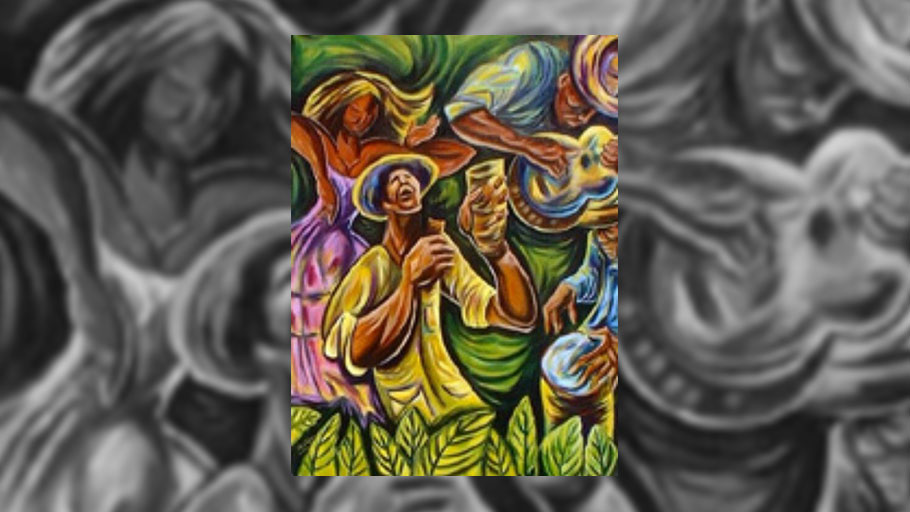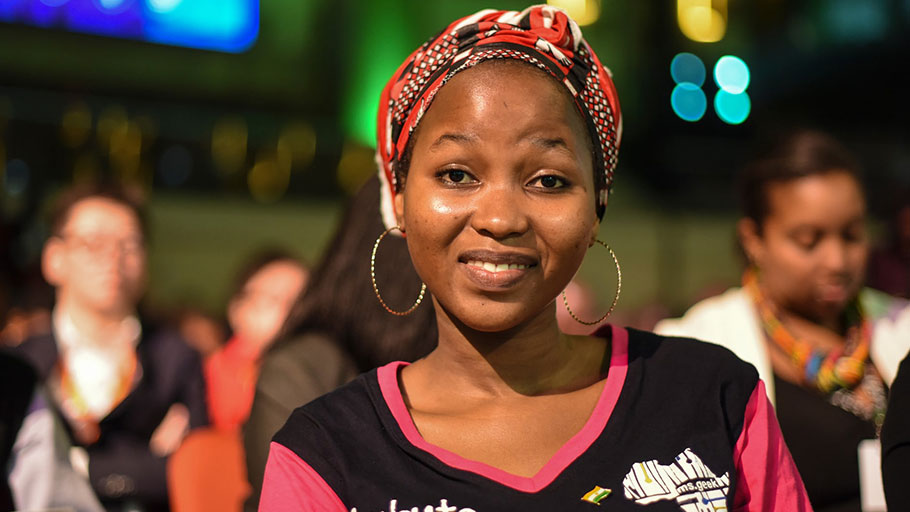
Long noted for its progressive stance on equality, Rwanda is the birthplace of a contest that champions female tech wizards. By Lauren Gambino, The Guardian — After years of women in evening gowns vying for the title of national beauty queen, glamour is giving way to geekery in Rwanda. A group of female tech entrepreneurs decided it was time to ditch Miss Rwanda for a different kind of competition, one that…

